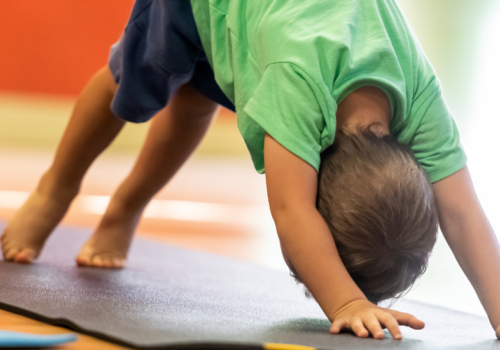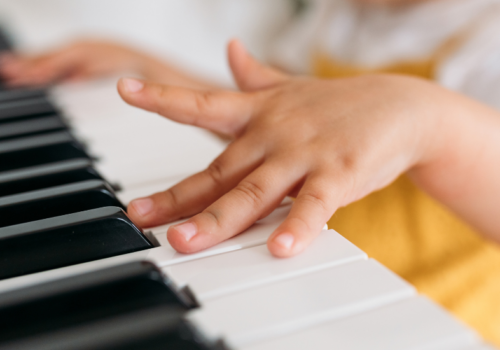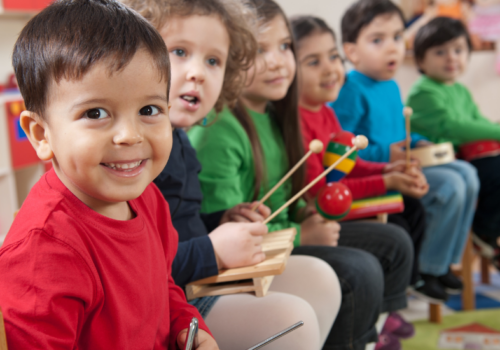Cognitive skills are critical but so is your preschooler’s physical health and development. Nurturing active…

Unlocking the Potential: Why Hands-On Learning Is Great for Preschoolers
Hands-on learning activities offer an immersive educational experience that empowers young learners to explore and discover the world around them. This is why many educators and parents an early learning center such as Key Point Academy Doral, love it! In this article, we’ll explore the numerous benefits of hands-on learning activities for preschoolers.
1. Strengthens fine motor skills
Hands-on learning is a cornerstone for young children, providing them with valuable opportunities to sharpen their fine motor skills. Each time a child manipulates playdough, carefully cuts a piece of paper with scissors, or holds a paintbrush, they embark on a journey towards developing fine motor skills that will serve them well throughout their lives.
2. Utilizes multiple areas of the brain
Research reveals that early childhood is a period of rapid brain development, emphasizing the critical importance of the first six years. When children engage in numerous activities such as listening, talking, and participating they activate multiple regions of their brains simultaneously. This approach therefore enhances their capacity for learning and memory, akin to the efficacy of multi-sensory play.
3. Helps make abstract concepts concrete
Hands-on learning bridges the gap between abstract concepts and the real world. When children at an early learning center learn about color mixing through textbooks or static images, their understanding may remain elusive. However, when they actually get to mix red and yellow to produce orange, they not only grasp the concept but also experience the satisfaction of creating something tangible. This kind of experiential learning gives children a sense of empowerment, making concepts more accessible and memorable.
4. Explores all five senses
Although hands-on learning can get a bit messy, it serves as a pivotal gateway for young children to explore and comprehend the world through their senses. These experiences allow children to make personal discoveries about materials and conduct their experiments, fostering a deeper understanding of the world around them. Hands-on learning can be a multi-sensory experience, involving sight, touch, sound, smell, and in some cases even taste. Additionally, using a diverse range of tactile materials such as paint, sand, water, dough, and slime can encourage language development in children as they learn new vocabulary to describe the various textures and properties they encounter.
Hands-on learning can be applied to almost any subject, transforming education into an engaging adventure. Whether it’s solving puzzles, constructing with building blocks, or crafting an analog clock from paper and a brass fastener, this approach encourages active participation and a genuine connection with the subject matter. This is why when choosing an early learning center, it’s imperative to inquire about the teaching methods employed. At Key Point Academy Doral, children are encouraged to learn daily through hands-on experiences while receiving individualized academic support. We invite you to explore our innovative environments, programs, and school curriculum to discover the enriching educational opportunities we offer.







